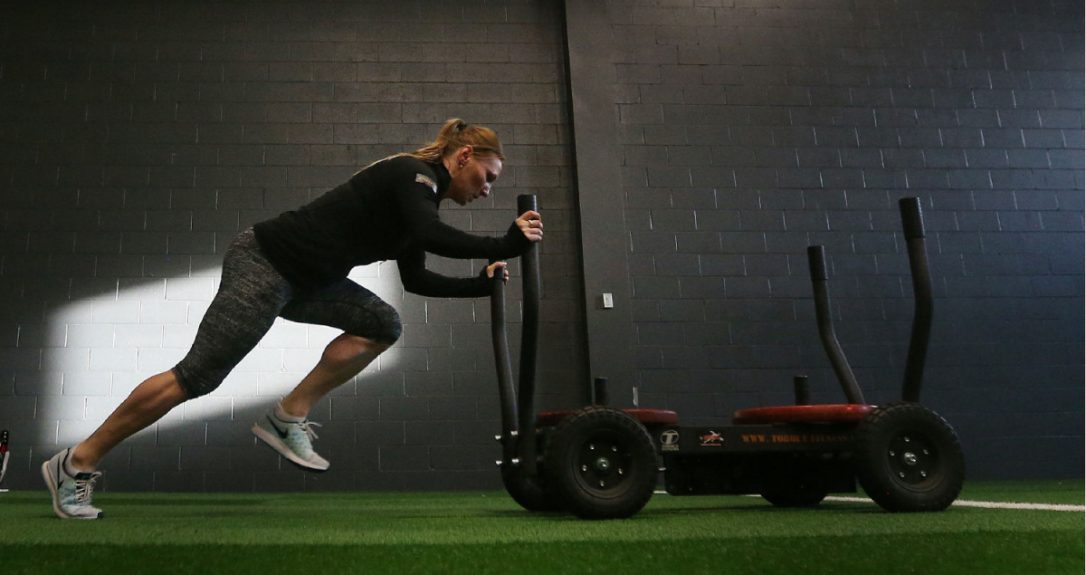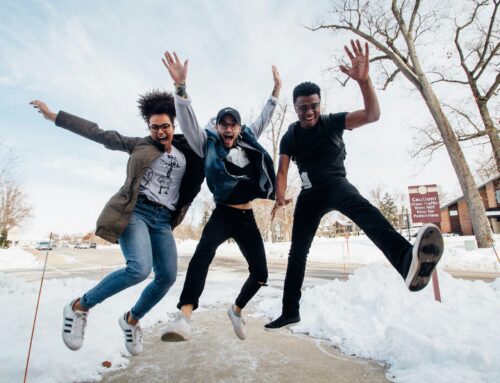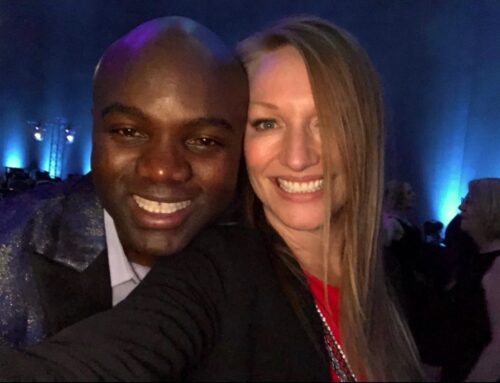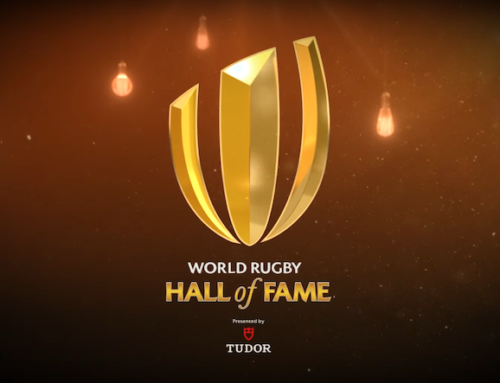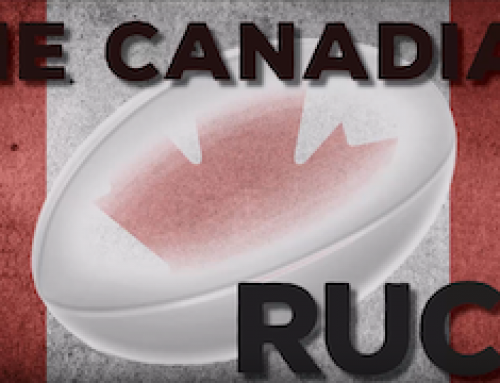Heather Moyse hadn’t planned on taking a shot at a fourth Winter Olympics. Then she answered the call.
At her first Olympics — the 2006 Games in Turin, Italy — Heather Moyse pushed a bobsled and missed a medal by a margin so small she says it amounted to a single beat of a hummingbird’s wings.
Then, she teamed up with pilot Kaillie Humphries and won back-to-back Olympic golds in 2010 and 2014.
After each cycle she left the bobsled track — to finish her master’s degree, to play World Cup rugby for Canada, and to develop her business as a motivational speaker.
Something always drew her back to the icy track in time for the next one.
The Olympics are funny that way. They have the power to draw people into their five-ringed orbit — whether its spectators who find themselves wildly cheering for outcomes in sports they’ve never even seen before, or athletes who thought they’d moved on and find themselves back sweating in spandex again.
So — 100 days before the 2018 Pyeongchang Winter Olympics — at 39 years of age with two hip surgeries behind her, Moyse is battling to get back into an Olympic bobsled.
It won’t be easy.
For 3 ½ years after Sochi in 2014, Moyse didn’t train as an athlete. She didn’t lift weights and she didn’t work to maintain the explosive power that a bobsled brakeman has to deliver during the vital 50-metre push-start, which determines who gets to the podium.
Moyse had been busy with her new life. She was still living out of a suitcase, but it was to travel around giving motivational speeches and, in the last year, writing a book.
“I truly believe that we sell ourselves short and we’re capable of way more than we give ourselves credit for,” said Moyse, summing up her book, Redefining Realistic.
It’s not an autobiography, but uses her life experiences to explain how people can shift their perspective and seize their potential.
“This story of me coming back would probably be ideal for the book, but it was written by then,” she said, just after delivering a keynote speech to a conference in Toronto last week.
In fact, with the book at the publisher, her plan was to spend the fall looking for a house where she could settle and finally unpack that suitcase.
But a message from Alysia Rissling — Canada’s second-ranked bobsled pilot, working toward her Olympic debut in South Korea in February — changed all that.
Moyse put her house hunting on hold and flew to Calgary in September to start training. It was a dramatic and unexpected move for Moyse who, less than six months earlier, had decided she would not return and try to push Humphries to another gold medal.
But Rissling’s pitch was different, and just what Moyse needed to hear.
“In my mind, we needed her. (Moyse) has two gold medals as a brakeman and none of our other brakemen have even seen an Olympic stage before,” Rissling said of the women’s program, where Humphries is the only Olympic veteran.
She wanted Moyse’s experience and way of thinking about sport as much as her famed ability to push a bobsled to winning times on the track.
“To have been asked to come back for my mental experience of dealing with a high-pressure situation in a high-pressure season, to me that was exciting and inspiring enough for me to consider it,” Moyse said.
“Even though my body is (saying): What are you doing?”
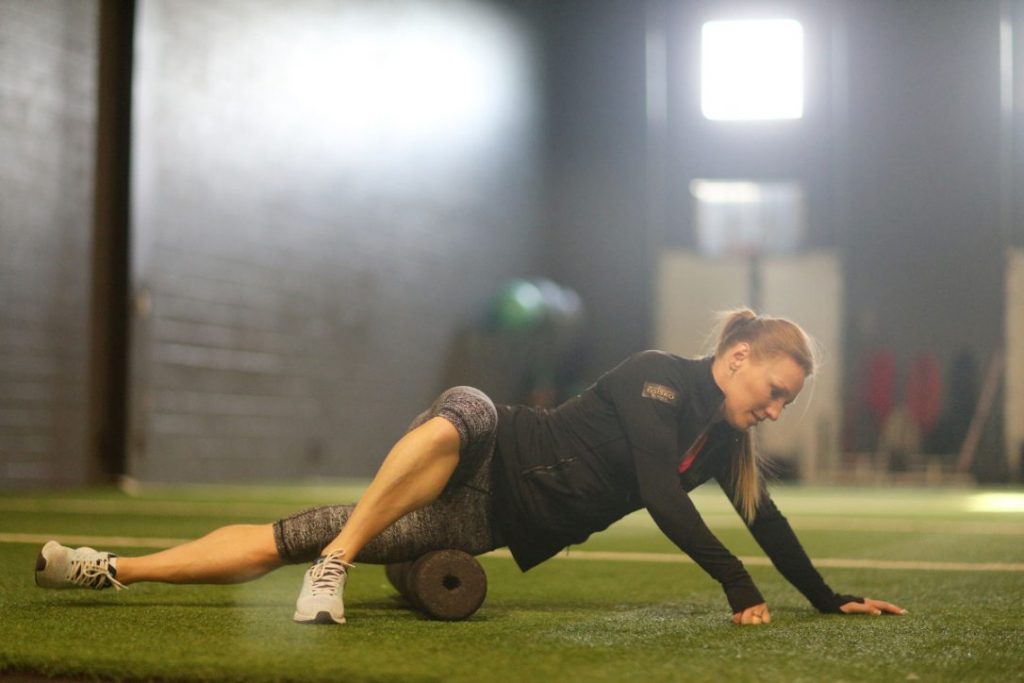
Rissling may want the experience Moyse can bring to the team — after three Olympics there’s not much the veteran hasn’t learned how to handle — but her body still has to cooperate.
To compete on the World Cup circuit team this season — the results of which are integral to Canada’s goal of qualifying three women’s sleds, not just two, for the 2018 Olympics — Moyse needs to meet the push standards just like anyone else.
That’s meant a return to the gym to find out just what her 39-year-old body can do.
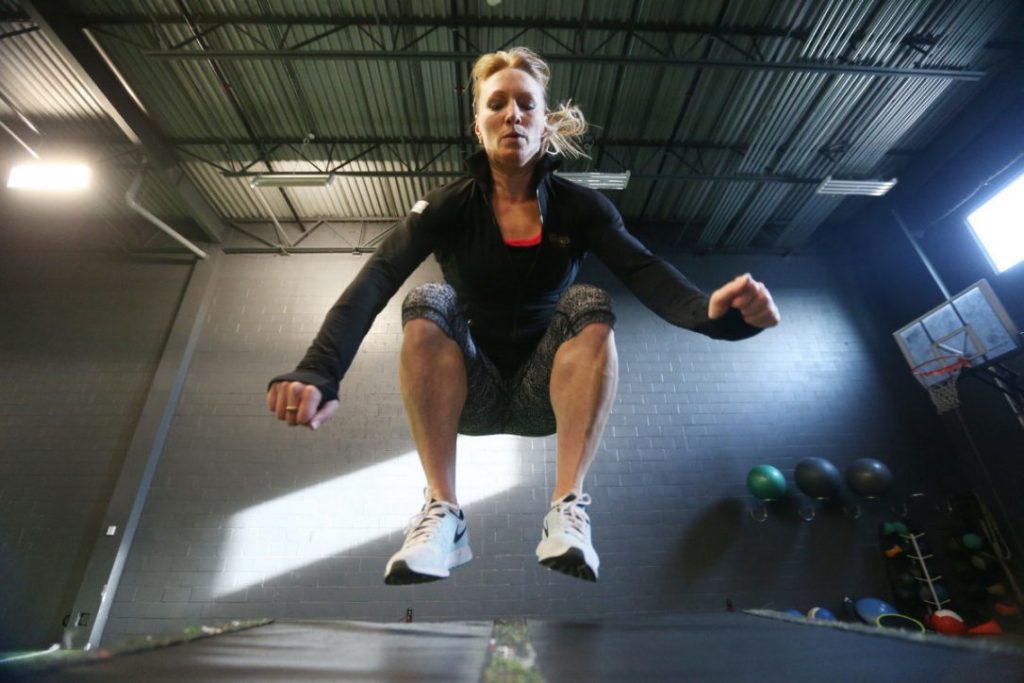
The last time Moyse was a bobsledder she was squatting 200 kilograms. When she returned to the gym in Calgary last month, she spent a week with just the bar on her shoulders to relearn the proper technique.
Now, a month later, she’s already up to 110 kilos — showing, yet again, why her athletic ability is almost mythical.
She started off as a sprinter from Summerside, P.E.I., who managed to be fast despite malformed hip sockets that meant her knees went out to the sides when she ran.
“My track coach at university was like: I have no idea how you run so fast looking that way,” she recalled, laughing.
Four months after being recruited to bobsled, she was so strong she was picked to push Helen Upperton at the 2006 Games, where they finished fourth, a mere five-hundredths of a second off the podium.
She delivered years of rugby excellence — including the 2006 and 2010 women’s World Cups and 2013 sevens World Cup — that made her the first Canadian woman (and second Canadian, after Gareth Rees) to be named to the World Rugby Hall of Fame.
And when Moyse broke an ankle, she managed to turn her cycling rehabilitation into a spot representing Canada at the Pan American track cycling championships in 2012.
There’s a reason why her family and teammates affectionately call her a freak of nature.
That last time she returned to bobsled, she produced faster 50-metre push starts than when she’d left the sport. So, Moyse has plenty of reason to be confident that she can still deliver the kind of athletic excellence that she’ll need to show at the team testing camp about a month from now.
But at the Olympic Games, in particular, athletic ability alone is not nearly enough to win. Understanding that and being able to share that knowledge with teammates is what she thinks will ultimately be her greatest value.
“The Olympic Games are a beast. That’s why people choke at the Games,” Moyse said.
“They say (sport) is 10 per cent physical, 90 per cent mental. Well, I don’t actually believe that until it’s at the elite level, because I think there are too many physical differences. Once you’re at the Olympic level there’s maybe a 10-per-cent variance in physical ability, and a 90-per-cent variance in how people deal with it.”
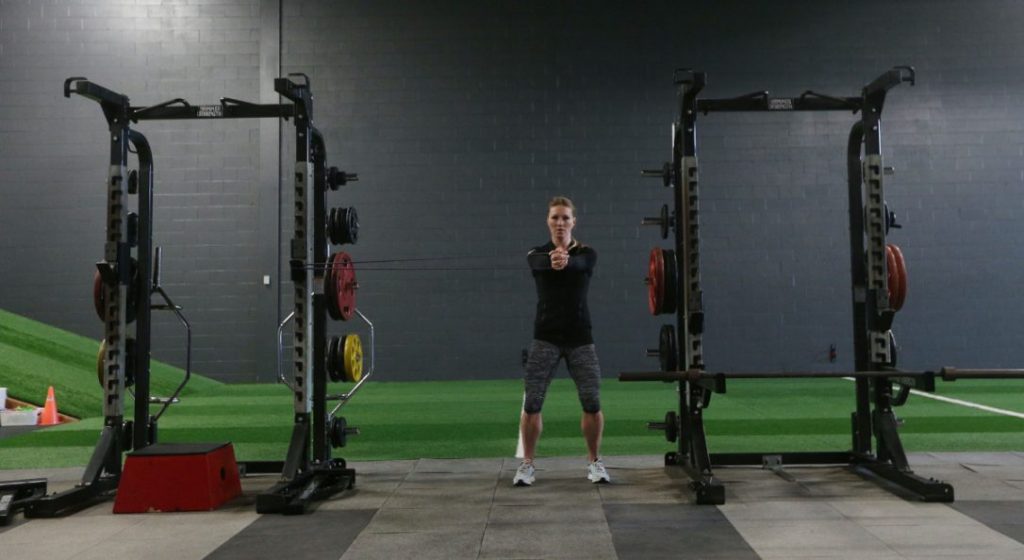
Three trips to the Olympics — and being part of the first women’s team to defend a gold medal — have taught Moyse just how powerful an athlete’s mindset and belief in their abilities can be.
The Games taught her something else, too — something she’ll keep in mind until the testing camp that will determine whether or not she’ll get the chance to push a bobsled at her fourth Olympics.
“It’s taught me there really are no guarantees, but that’s not why you go for something,” Moyse said. “If you’re going for goals where the outcome is guaranteed, it’s probably not very magical.”



